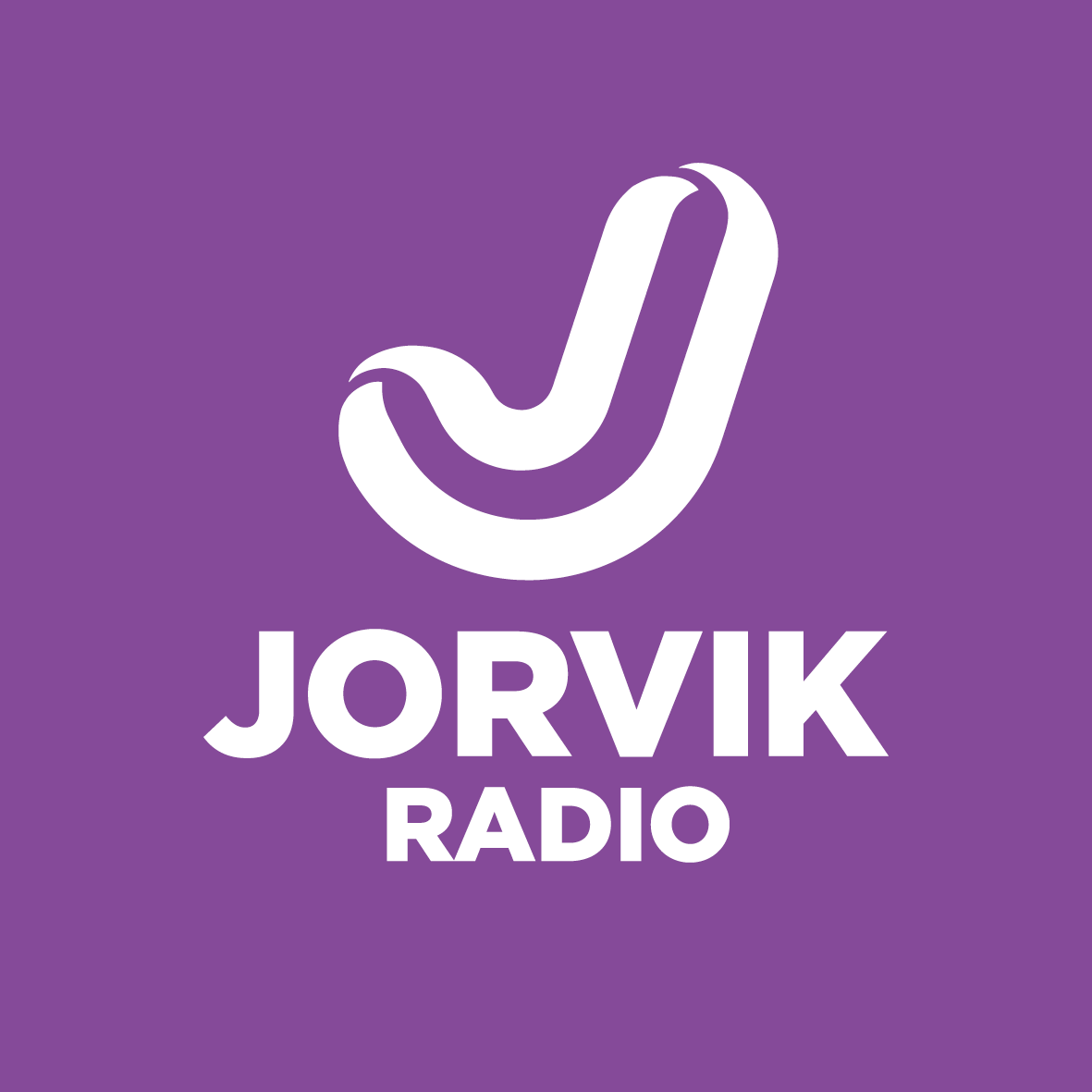Hygiene poverty means not being able to afford many of the basic hygiene and personal products most of us take for granted and the reality is that it restricts people’s options, leaving us caught between being able to heat our homes, pay the rent, eat or be clean.
A new report from The Hygiene Bank, the UK charity whose mission is to end hygiene poverty, finds that hygiene poverty is affecting an estimated 4.2 million adults in the UK (8% of the population), up from 3.1 million in 2022, highlighting the escalating severity of this silent crisis.
The study uncovers the devastating impacts of hygiene poverty on individuals and families across the nation, exposing the effects hygiene poverty has on mental and physical health and how it acts as a barrier to education and work.
In fact, hygiene poverty limits the ability of individuals to participate in society, with 92% reporting to have decreased their social interaction with friends and family in different ways and 13% saying they have avoided going to work.
The groups found to be most affected are: 21% of people with a serious disability or long-term health condition, 18% of those from lower-income households, 12% of those from an ethnic minority background, and 11% of adults who have children living with them. Hygiene Poverty affects 17% of those who are unemployed compared with 13% of those working part-time and 7% working full-time.
Considering the impact of the cost of living, four in five (80%) said that it has had a negative impact on their ability to afford basic toiletries and those who have experienced hygiene poverty in the past 12 months are more likely to have gone without razors (50%), laundry detergent and cleaning products (46%) and deodorant (42%) because they couldn’t afford it.
Among those being affected by hygiene poverty, they admit it has affected their mental health (68%), with 50% feeling depressed or embarrassed because they are being pulled into hygiene poverty.
In response to these alarming findings, Ruth Brock, CEO of The Hygiene Bank, is calling on policymakers, communities and charities to join the movement to end hygiene poverty.


